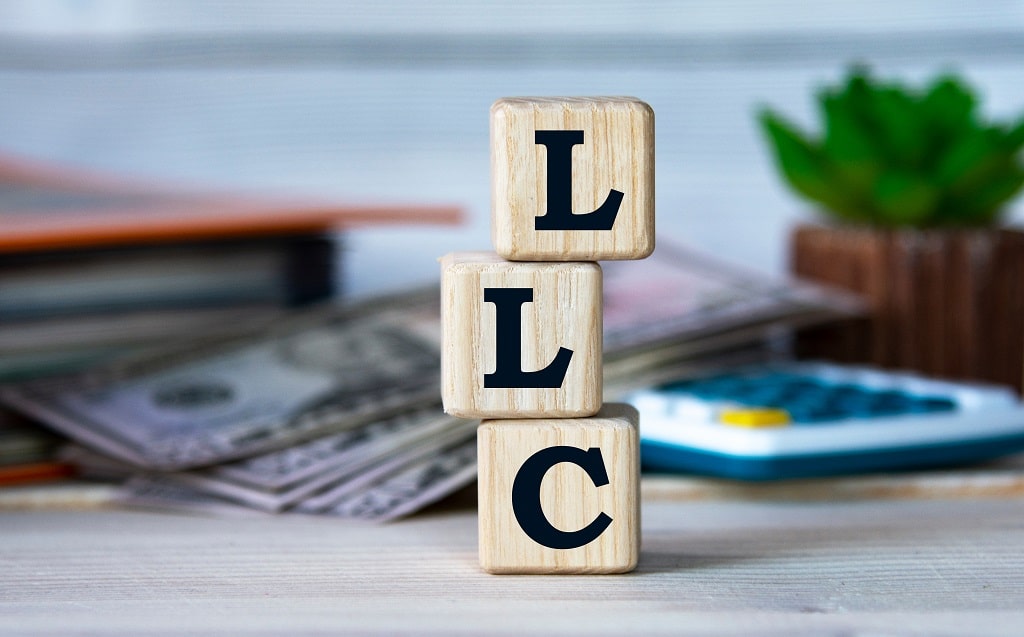税务规划 | 2024 年 10 月 14 日

选择正确的企业实体对于任何企业主来说都是一个关键的决定。您选择的实体会影响您的纳税义务、个人责任和其他关键因素。对于许多中小型企业来说, 有限责任公司(LLC) 脱颖而出,成为一种颇具吸引力的选择,它提供了责任保护和税收灵活性的独特组合。
LLC 的主要优势
LLC 为其所有者提供 成员— 有限责任类似于公司。这意味着成员通常不对公司债务承担个人责任,除非他们投资于企业。这种保护级别可保护个人资产(例如您的房屋或储蓄)免受企业债权人的侵害。相比之下,合伙企业的普通合伙人对企业的债务承担个人责任,即使是有限合伙人,如果他们积极管理企业,也可能承担责任。
通过“勾选框”规则实现税收灵活性
根据美国国税局的“勾选框”规则,有限责任公司具有税收灵活性的优势,该规则允许所有者选择实体的纳税方式。许多有限责任公司选择在联邦税收方面被视为合伙企业,这提供了重大好处:
- 流转税:合伙企业收入直接计入成员个人纳税申报表,避免实体层面的双重征税。
- 合格商业收入 (QBI) 扣除:转交给会员的收入可能有资格获得 QBI 扣除,但受到某些限制。
- 损失扣除:积极管理企业的成员可以在个人纳税申报单中扣除其应承担的损失份额,从而可能抵消其他应税收入。
所有权和利润分配的灵活性
在构建所有权和利润分配方面,有限责任公司比 S 公司具有更大的灵活性。与股东人数限制为 100 人、股票种类限制为一类的 S 公司不同,有限责任公司没有此类限制。这种灵活性允许:
- 特别拨款:会员可以以最适合其业务需求的方式分配税收优惠,例如利润和损失。
- 多元化所有权:LLC 可以容纳各种类型的所有者,包括其他企业或非美国公民。
评估你的选择
总而言之,有限责任公司可以提供强大的责任保护,同时提供合伙企业的税收优势。但是,有限责任公司受州法律管辖,法规可能有所不同。必须仔细评估有限责任公司或其他业务结构是否最适合您的目标和情况。
特许咨询 专门帮助企业做出这些决定。立即联系我们,了解有限责任公司或其他商业实体如何使您和您的企业受益。